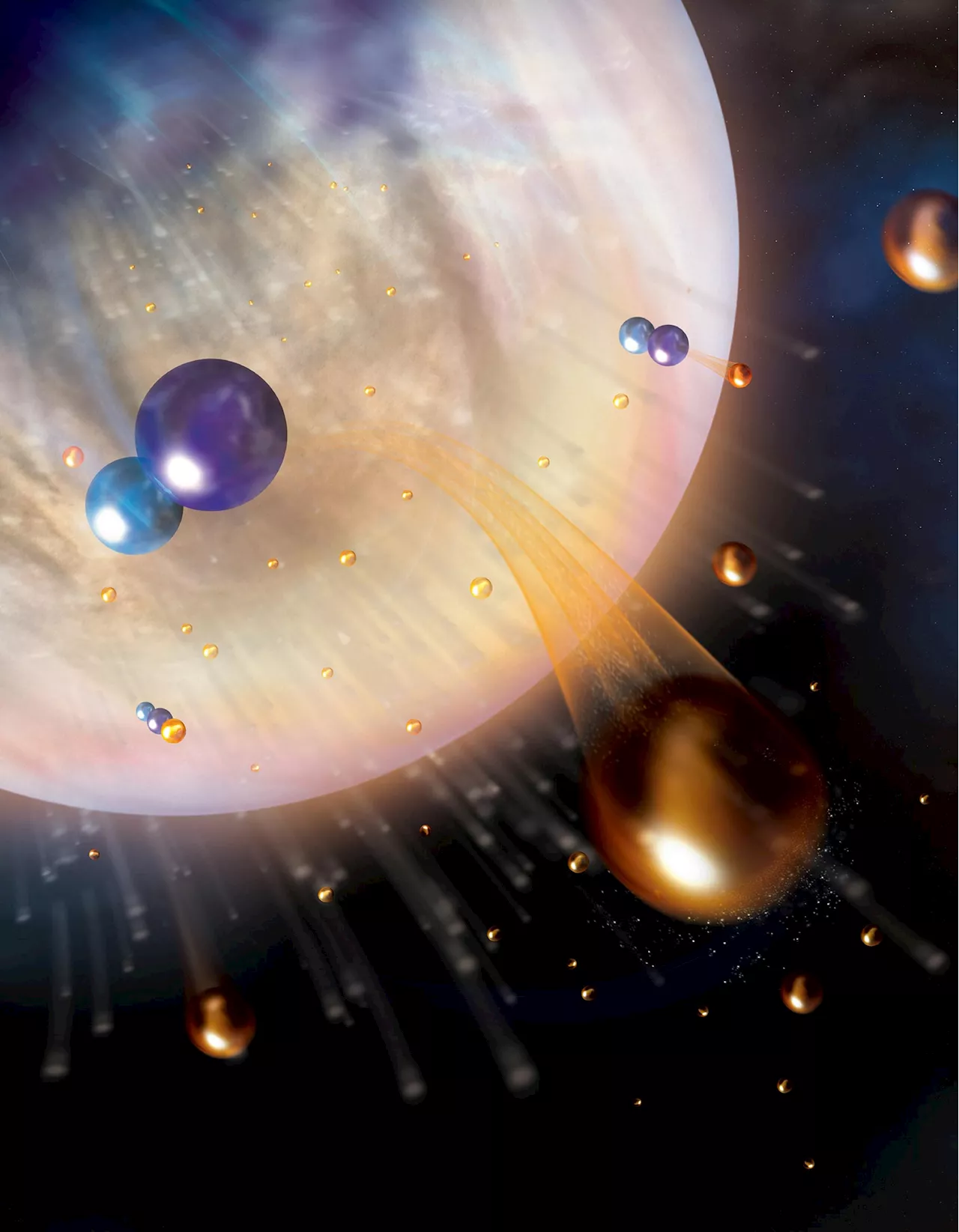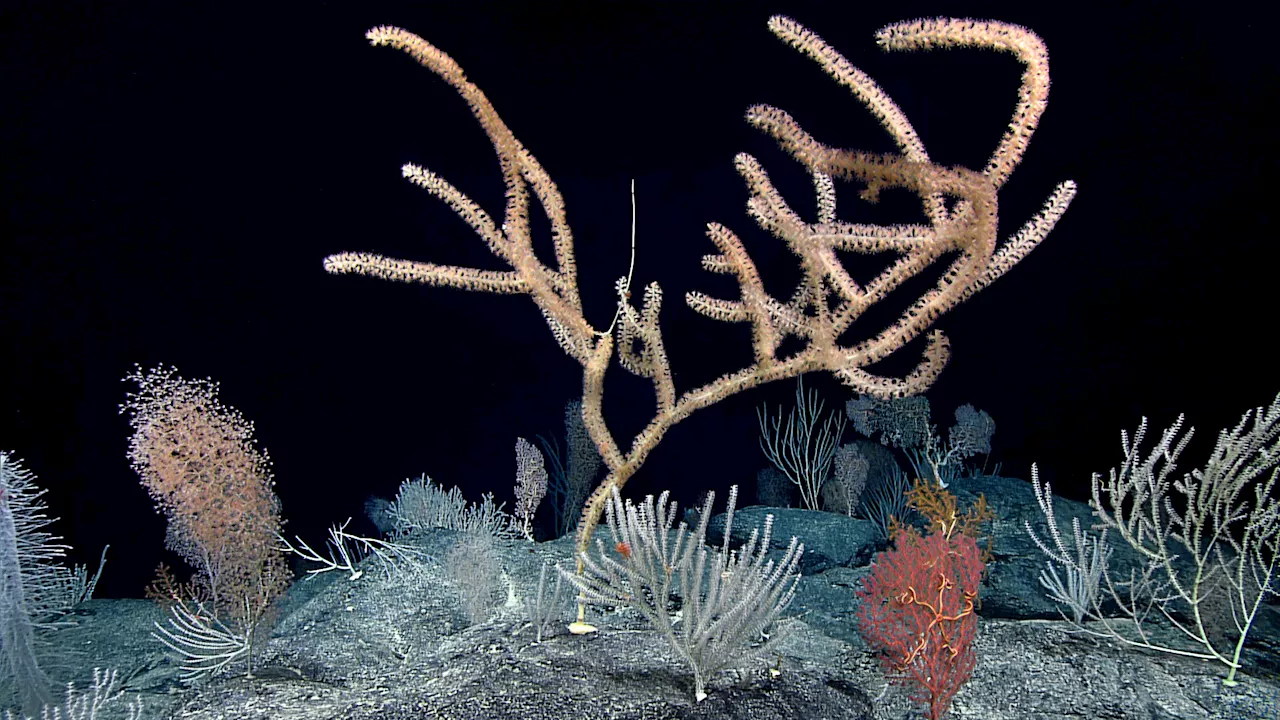The Best in Science News and Amazing Breakthroughs
The galaxy can throw some odd curveballs, but an exoplanet discovered 1,232 light-years away is one of the oddest yet., it's so light and fluffy that its overall density is comparable to that of cotton candy. It's just a hair over 1 percent of the density of Earth. It's an absolute"Its extremely low density makes it a real anomaly among the more than five thousand exoplanets discovered to date.
Studying how the star's light changes as the exoplanet whips around it allowed Barkaoui and his colleagues to calculate the world's. Its radius is around 1.46 times the radius of Jupiter. But its mass is incredibly small by comparison: just 0.139 times Jupiter's. Animation showing how radial velocity is measured, one of the ways a planet can affect the light of its star. (, but they offer some clues as to how such fluffy worlds can come to exist. Close proximity to a star can heat the atmosphere, puffing it out, especially if that atmosphere was predominantly
So this poses some problems. The star is thought to be up to 6 billion years old; while there could be some mechanism for internal heat puffing up WASP-193b's atmosphere, the observed properties of the exoplanet cannot be recreated using sophisticated planetary evolution models.
United States Latest News, United States Headlines
Similar News:You can also read news stories similar to this one that we have collected from other news sources.
 Scientists discover thick atmosphere enveloping rocky so-called 'super Earth' planetResearchers have discovered a thick atmosphere enveloping a planet called 55 Cancri e, which is twice the size of Earth and located in a nearby solar system.
Scientists discover thick atmosphere enveloping rocky so-called 'super Earth' planetResearchers have discovered a thick atmosphere enveloping a planet called 55 Cancri e, which is twice the size of Earth and located in a nearby solar system.
Read more »
 Astronomers discover ‘cotton candy’ like dense planet 1,200 light-years awayThe team hypothesizes that the exoplanet is primarily made of hydrogen and helium—similar to other gas giants in our galaxy.
Astronomers discover ‘cotton candy’ like dense planet 1,200 light-years awayThe team hypothesizes that the exoplanet is primarily made of hydrogen and helium—similar to other gas giants in our galaxy.
Read more »
 Chemical Culprit Identified: Scientists Discover Why “Earth’s Twin” Has Almost No WaterScience, Space and Technology News 2024
Chemical Culprit Identified: Scientists Discover Why “Earth’s Twin” Has Almost No WaterScience, Space and Technology News 2024
Read more »
 Ancient Glow: Scientists Discover 540 Million-Year-Old Bioluminescent CoralsScience, Space and Technology News 2024
Ancient Glow: Scientists Discover 540 Million-Year-Old Bioluminescent CoralsScience, Space and Technology News 2024
Read more »
 Scientists Discover First-of-Its-Kind Molecule That Absorbs Greenhouse GassesThe Best in Science News and Amazing Breakthroughs
Scientists Discover First-of-Its-Kind Molecule That Absorbs Greenhouse GassesThe Best in Science News and Amazing Breakthroughs
Read more »
 Scientists Discover New Health Benefits of MangoesScience, Space and Technology News 2024
Scientists Discover New Health Benefits of MangoesScience, Space and Technology News 2024
Read more »
